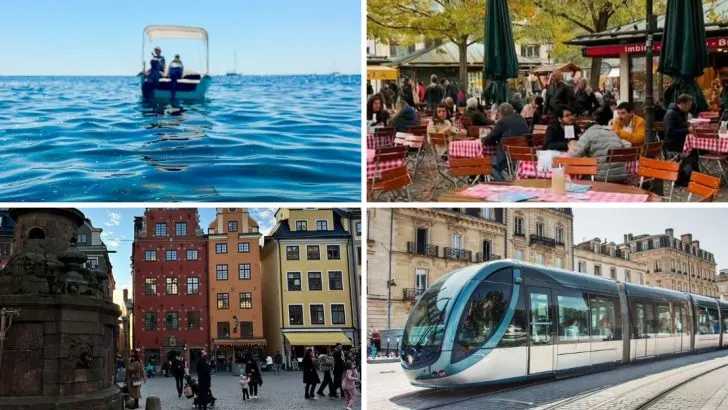Traveling to Europe can feel like stepping into a whole new way of life, full of little details that make you wonder, “Why don’t we do this back home?”
From everyday conveniences to cultural traditions, there are so many things Europeans take for granted that Americans would absolutely love—if only they were part of daily life in the US.
These 15 things are completely normal in Europe but often unheard of (or rare) in the United States. Whether it’s a different approach to food, transportation, or simply slowing down to enjoy the moment, these European habits might leave you wishing you could bring a bit of that lifestyle back with you.
Efficient Public Transport
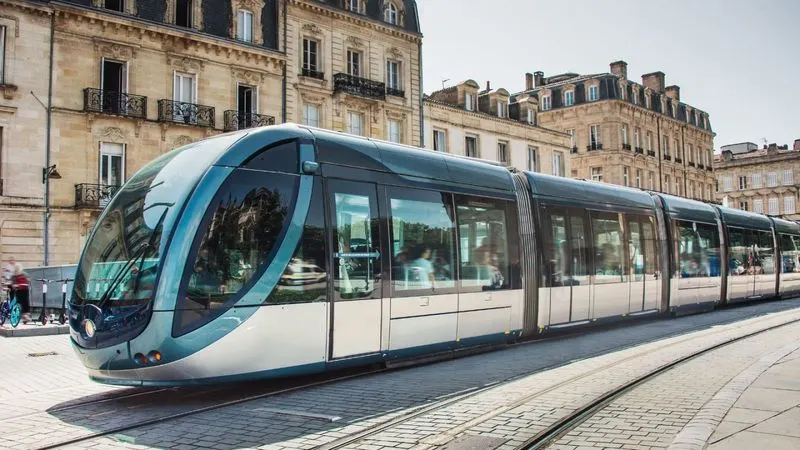
Europe’s public transport systems are a marvel of efficiency and accessibility. Cities offer extensive networks of trains, trams, and buses that make car ownership less necessary.
This seamless integration allows residents to navigate urban and rural areas with ease, cutting down on travel time and stress. Public transport is not just about getting from point A to point B; it’s a lifestyle choice that enhances convenience.
Imagine the relief of skipping traffic jams and the joy of reading a book while commuting. These are everyday luxuries Europeans enjoy.
Walkable Cities
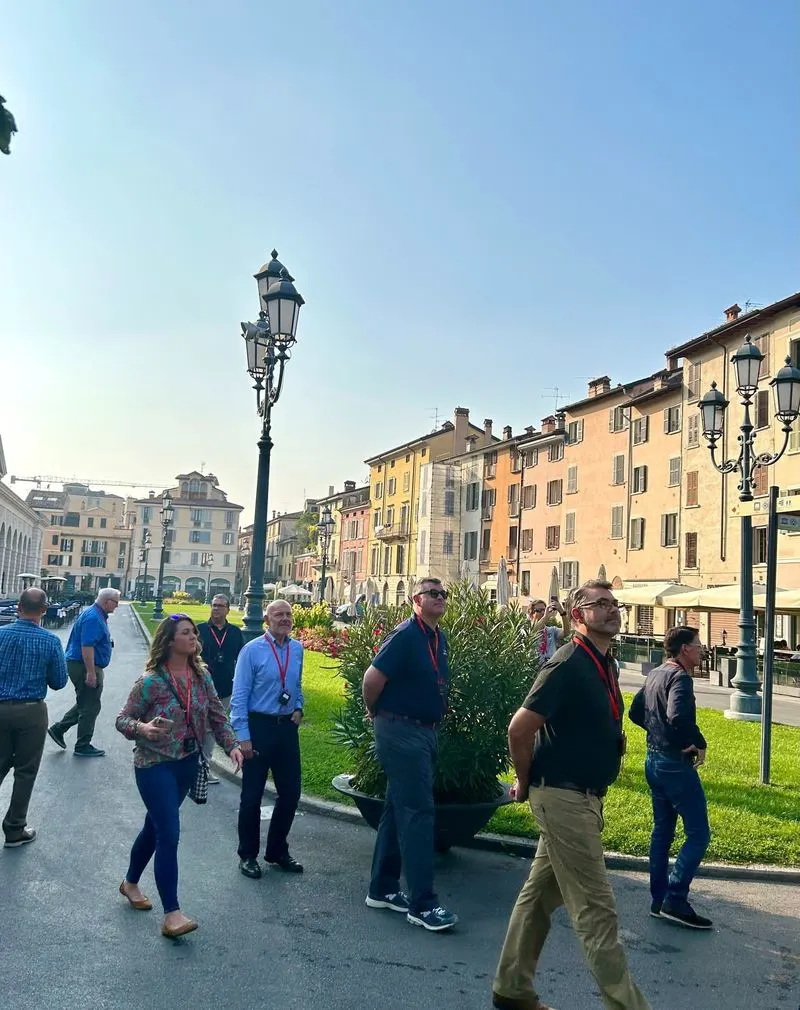
European cities are designed with pedestrians in mind, offering charming, walkable streets that encourage exploration. Narrow lanes and scenic paths invite locals and tourists alike to wander, promoting a healthier lifestyle and reducing reliance on vehicles.
This urban design fosters a sense of community, as people are more likely to interact with neighbors and shop owners in passing. Walking isn’t just a mode of transport; it’s a social activity that enriches daily life, allowing individuals to connect with their environment and community.
Café Culture
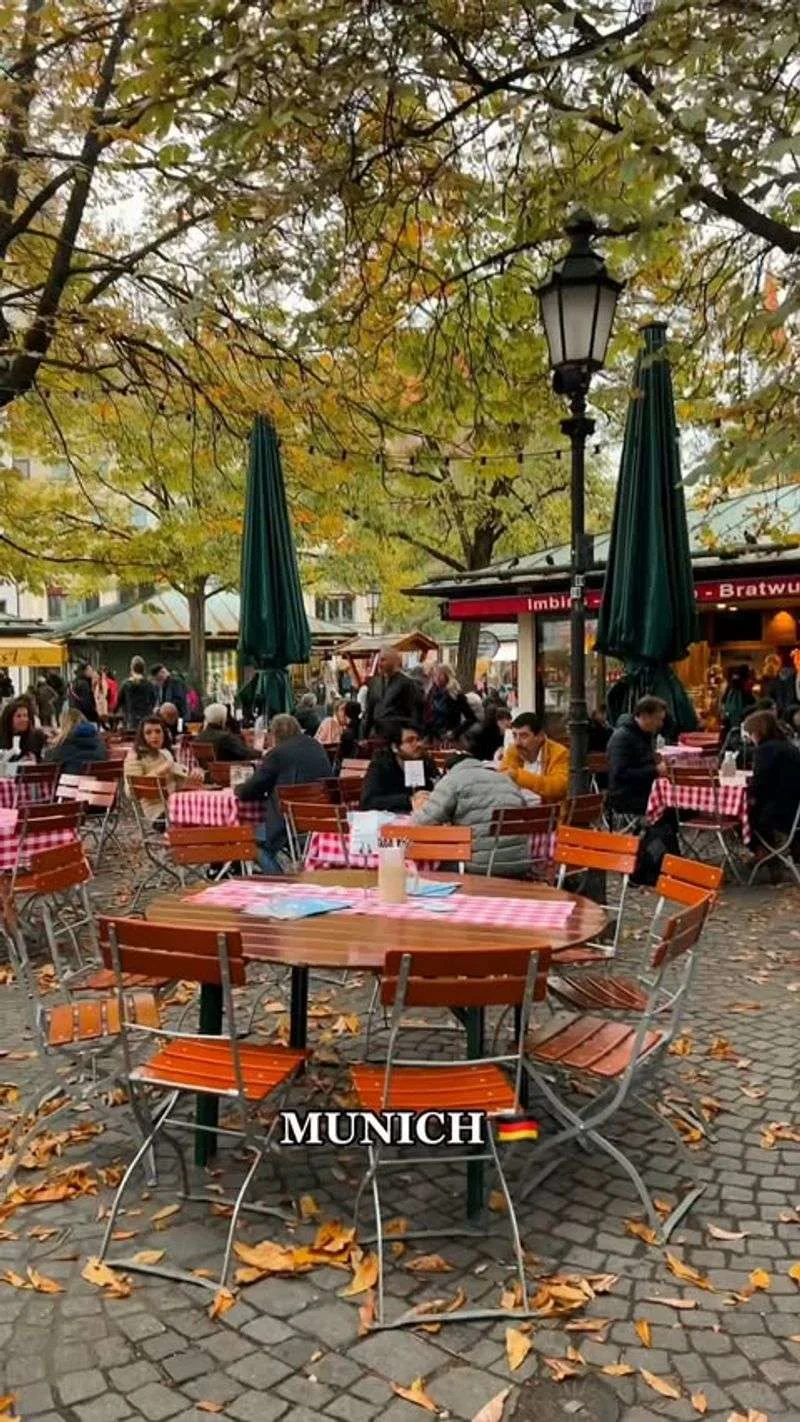
Europeans take their café culture seriously, valuing the experience of a leisurely coffee break. Cafés are not just places to grab a quick caffeine fix but are social hubs where people gather to chat and unwind.
The ambiance promotes relaxation and conversation, often accompanied by a delightful pastry. This slow-paced approach to coffee breaks contrasts sharply with the American tendency for quick, takeaway coffee, providing a moment of rest and reflection.
It’s a cherished tradition that encourages people to savor life’s simple pleasures.
High-Quality Public Spaces
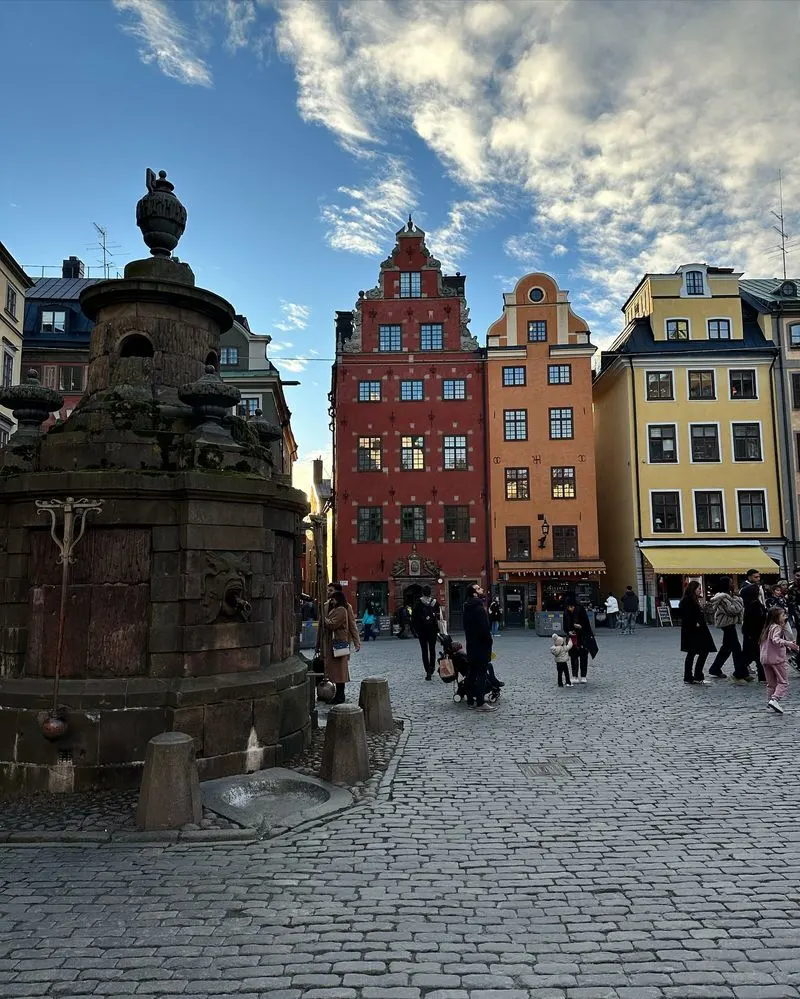
Public spaces in Europe are meticulously maintained, offering well-designed parks and squares for recreation and leisure. These spaces act as communal living rooms, where people of all ages come together to enjoy the outdoors.
The emphasis on quality encourages residents to spend more time outside, engaging in social activities or simply relaxing. Such environments foster a sense of community and well-being, providing an escape from the hustle and bustle of daily life.
They are integral to the vibrant social fabric of European cities.
Extended Meal Times
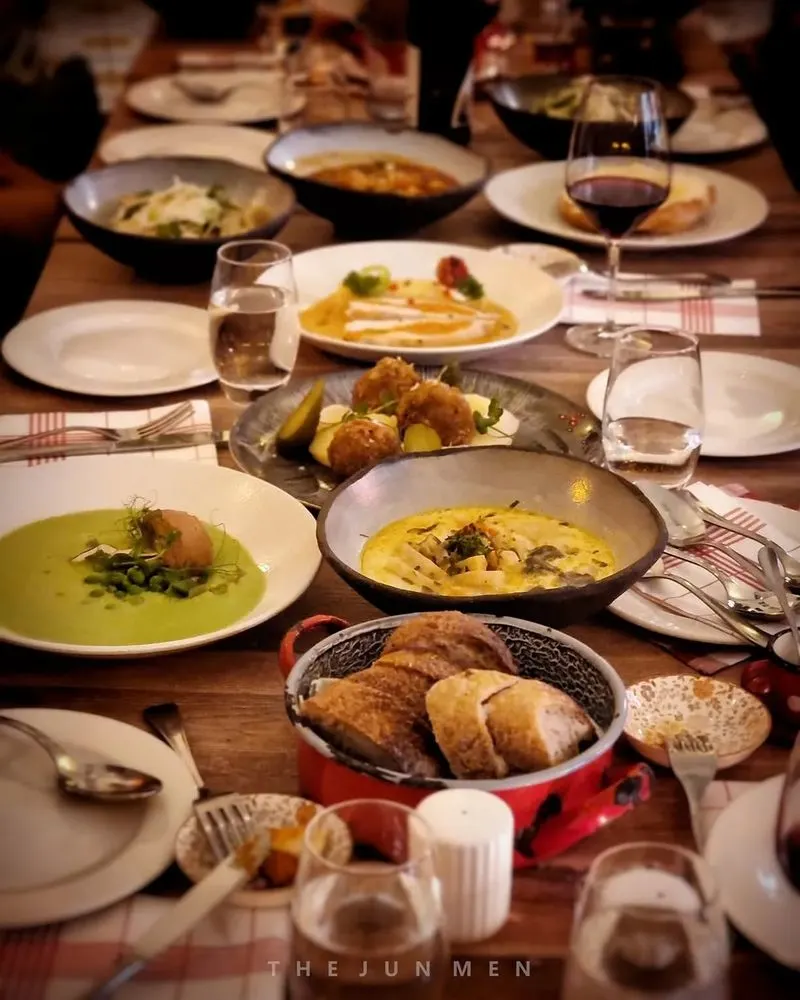
Meal times in Europe are a leisurely affair, emphasizing social interaction and culinary enjoyment. Rather than rushing through meals, Europeans often spend hours at the table, savoring food and company.
This practice not only enhances digestion but also strengthens personal relationships. The extended duration of meals fosters a deeper connection among diners, transforming eating into a cherished social ritual.
It’s a tradition that prioritizes quality time over convenience, encouraging mindfulness and appreciation for both food and companionship.
Comprehensive Recycling Systems
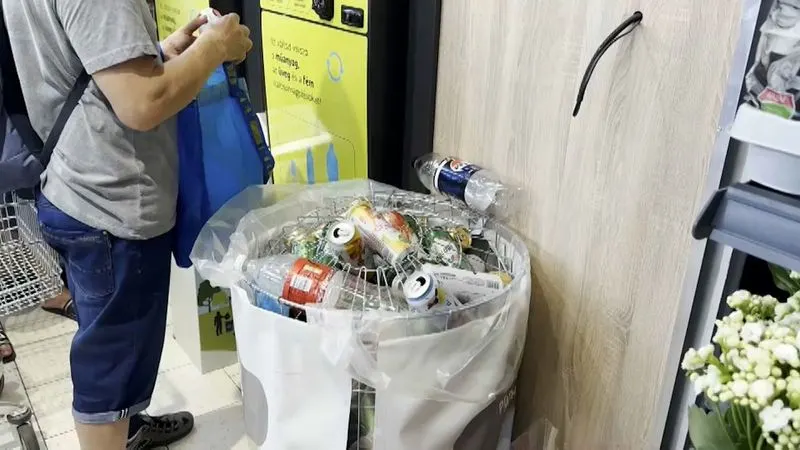
Recycling in Europe is a well-established norm, with comprehensive systems that make it easy for everyone to participate. Cities provide clearly labeled bins for different materials, simplifying the process and encouraging environmental responsibility.
This widespread practice reflects a strong commitment to sustainability, reducing waste and promoting eco-friendly habits. The ease of recycling empowers residents to contribute positively to the environment, making it a part of daily life.
It’s an effort that underscores the importance of collective responsibility for the planet’s health.
Universal Healthcare

Healthcare in Europe is often universal, ensuring access for all citizens without the financial burden that can be common in the US. This system prioritizes patient well-being over profit, offering comprehensive services that cover a wide range of medical needs.
The peace of mind that comes with knowing healthcare is available to everyone fosters a healthier, less stressed society. Universal healthcare reflects a commitment to social welfare, underscoring the belief that access to medical care is a fundamental right, not a privilege.
Vacation Time
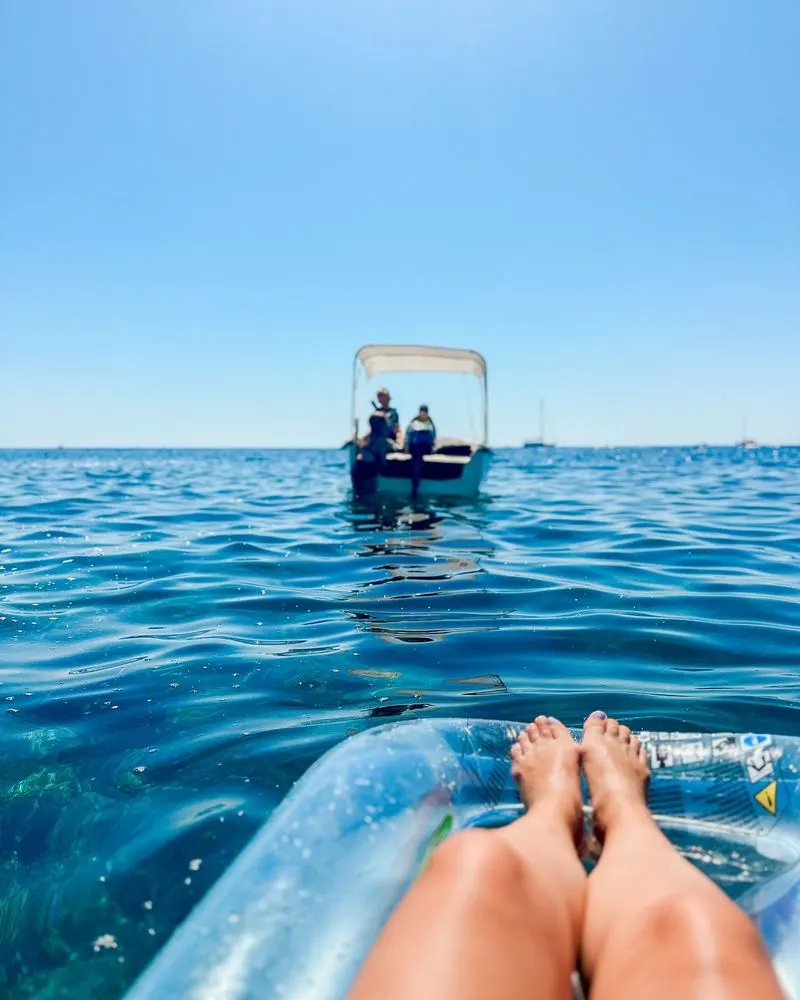
Europeans enjoy generous vacation policies, allowing for extended periods of rest and relaxation. This time off is not just a luxury but a vital part of maintaining work-life balance and personal well-being.
With several weeks of paid vacation, individuals can truly disconnect from work, travel, and explore new cultures. This approach values personal time, fostering productivity and satisfaction once back at work.
The benefits extend beyond personal enjoyment, contributing to a happier, more fulfilled workforce that sees rest as essential, not optional.
Historic Preservation
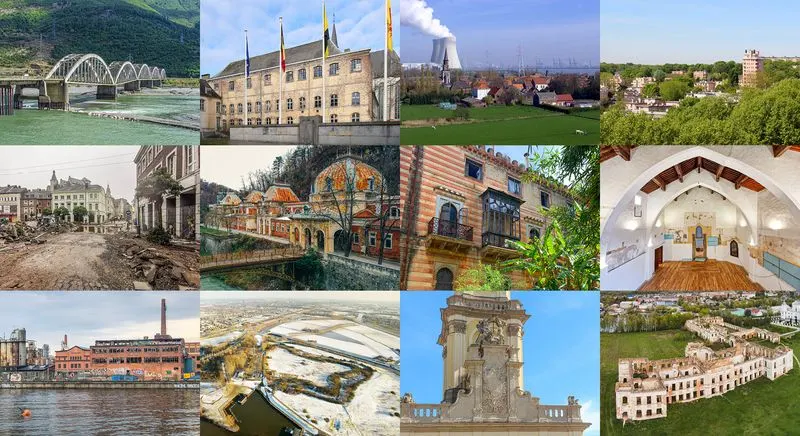
Europe is rich in history, and this is reflected in the meticulous preservation of historic sites and structures. Such efforts ensure that cultural heritage remains intact for future generations to appreciate.
These preserved locations offer educational opportunities and a sense of connection to the past, attracting tourists and fostering local pride. The commitment to maintaining historical integrity is evident in every cobblestone, creating an authentic living history.
This emphasis on preservation enriches the cultural landscape, making history an accessible and valued part of daily life.
Bicycle-Friendly Infrastructure
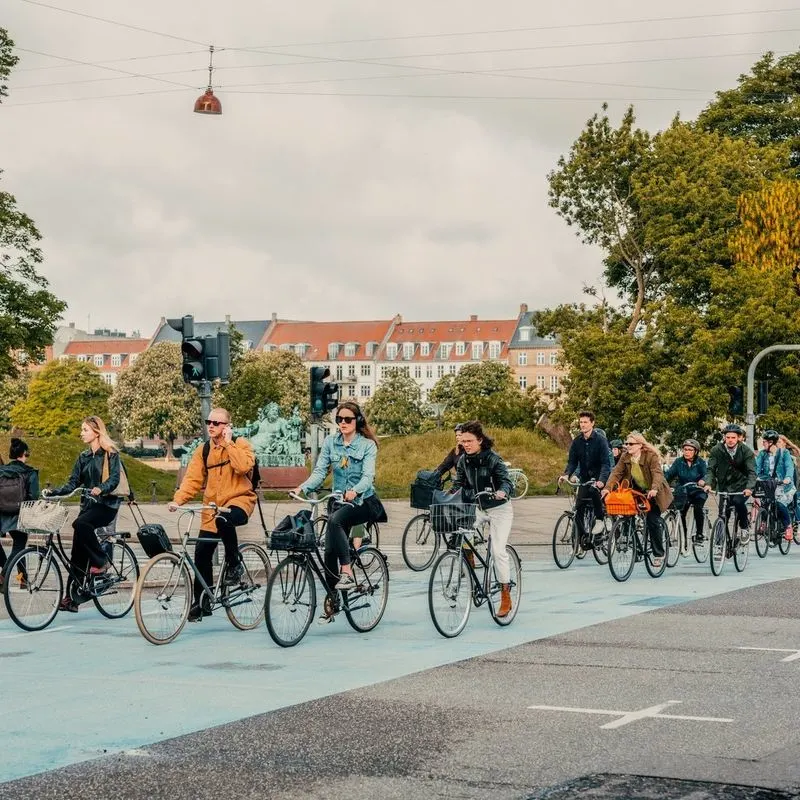
Cycling is a favored mode of transport in many European cities, supported by extensive bike-friendly infrastructure. Dedicated lanes, ample bike racks, and traffic signals for cyclists make biking a safe and appealing option.
This infrastructure promotes a healthy lifestyle, reduces carbon emissions, and eases urban congestion. Cycling is more than just a means to get around; it’s an integral part of the city’s ecosystem.
The focus on accommodating bicycles reflects a commitment to sustainability and urban living that prioritizes people over vehicles.
Cultural Festivals
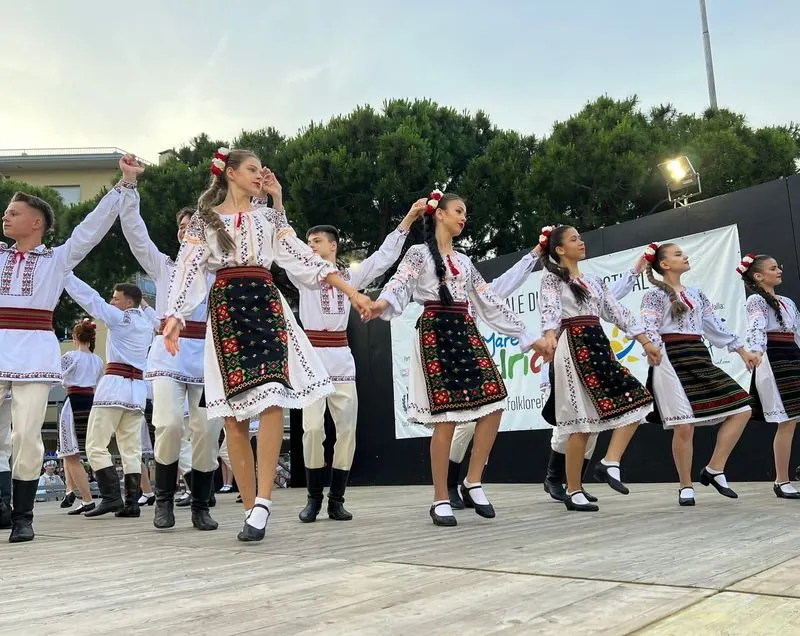
Europe is home to a myriad of cultural festivals, each celebrating unique traditions and histories. These events bring communities together, offering a lively mix of music, dance, and culinary delights.
Participating in such festivals provides a deeper understanding of local cultures and fosters community spirit. The joy and enthusiasm these gatherings inspire are infectious, creating memorable experiences for both locals and visitors.
Cultural festivals are not just celebrations; they are vibrant expressions of identity, offering a glimpse into the heart of European life.
Open-Air Markets
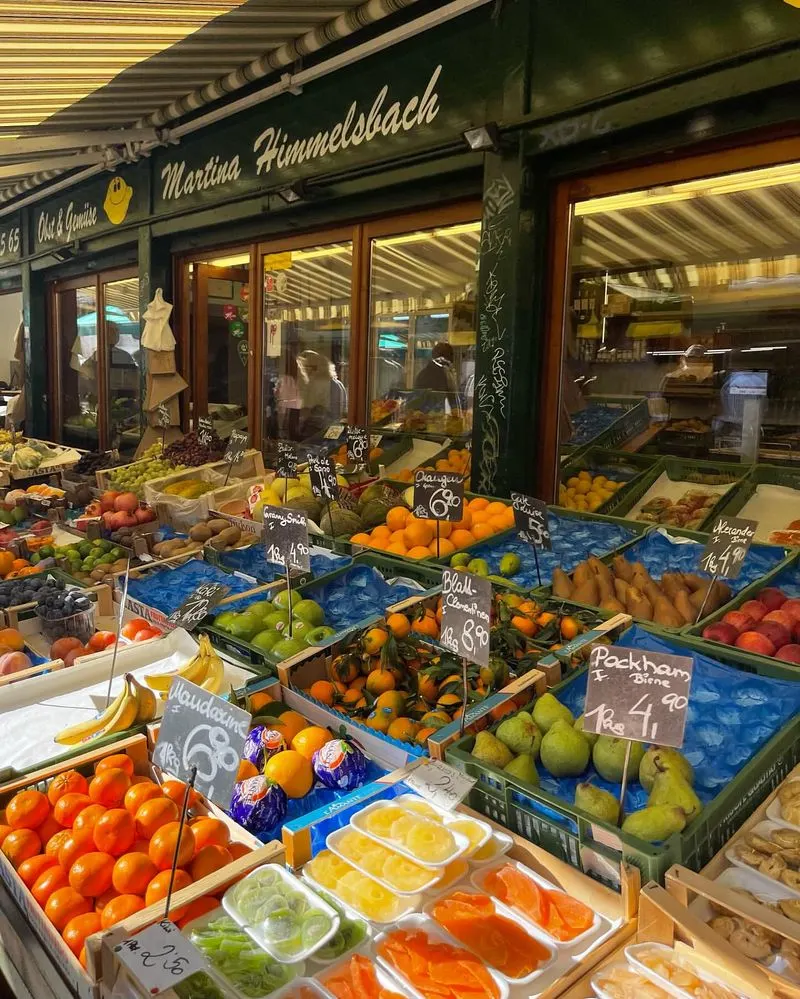
Open-air markets are a staple in European towns, offering fresh produce and local products directly from the source. These markets are more than just places to shop; they are social hubs where neighbors meet and exchange news.
The vibrant atmosphere encourages a sense of community and supports local farmers and artisans. Shopping at these markets connects people to their food, fostering appreciation for local agriculture.
It’s an experience that values quality and sustainability, providing an alternative to the impersonal nature of large supermarkets.
Architectural Diversity
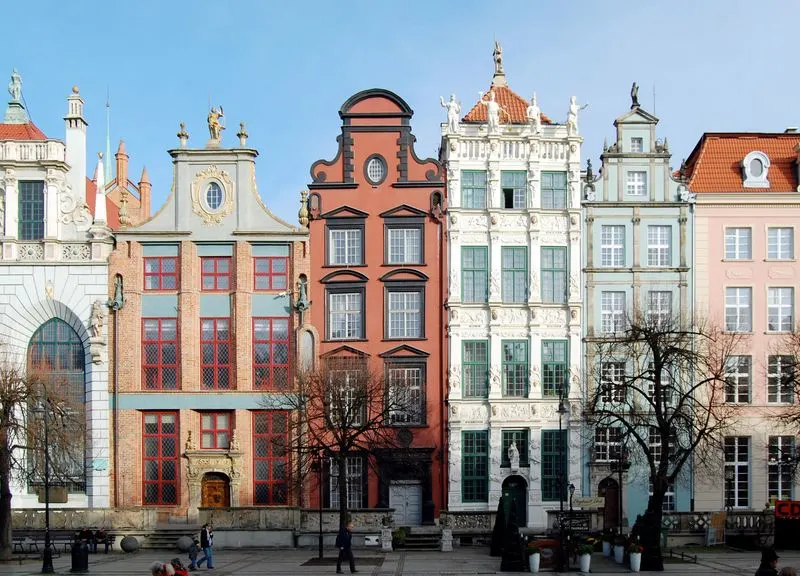
European cities are a living tapestry of architectural styles, from ancient Roman structures to modernist designs. This diversity creates visually stunning environments that reflect the continent’s rich history and innovative spirit.
Exploring these cities offers an educational journey through architectural evolution, with each building telling a story. The harmonious blend of old and new fosters a unique urban identity, highlighting the importance of preserving heritage while embracing progress.
It’s a dynamic landscape that captivates residents and visitors alike, offering endless inspiration and intrigue.
Artistic Expression

Art is woven into the fabric of European cities, from historic galleries to vibrant street art. This artistic presence enriches daily life, providing beauty and inspiration around every corner.
Public art installations and performances are commonplace, offering accessible cultural experiences that engage the community. The celebration of artistic expression reflects a deep appreciation for creativity and innovation.
It’s an integral part of the urban landscape, encouraging residents and visitors to explore and connect with the cultural heartbeat of the city. Art in Europe is not confined to museums; it’s a public affair.
Local Cuisine Appreciation
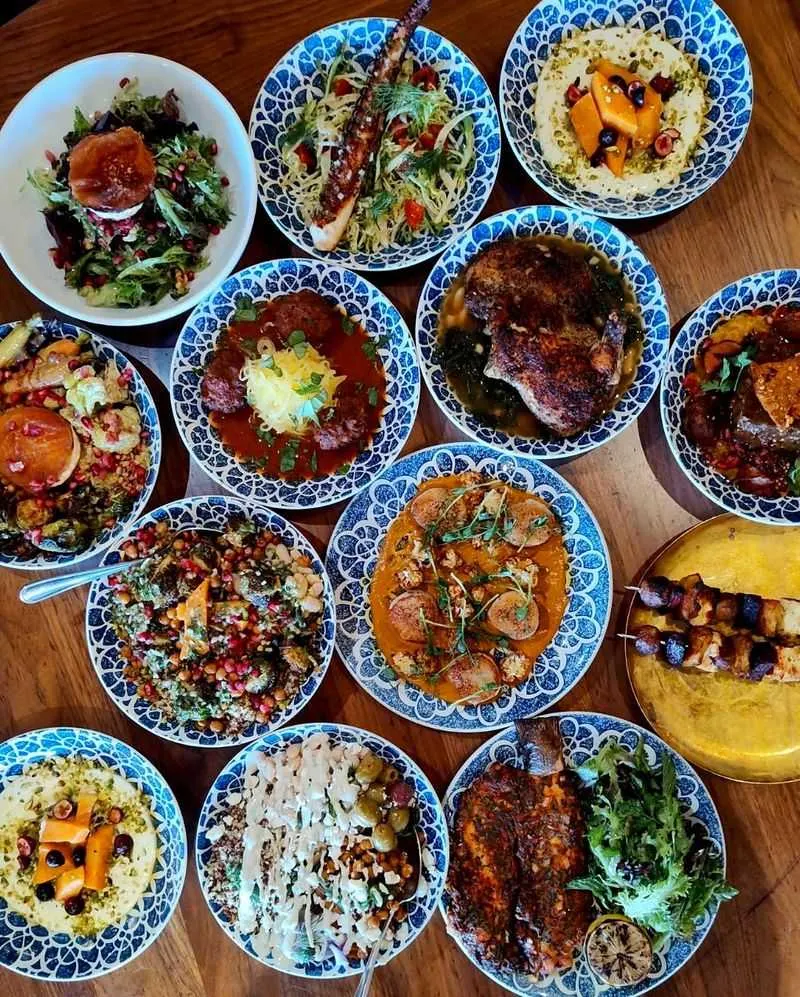
Europe prides itself on regional cuisine, with each area offering distinct flavors and dishes. This culinary diversity is celebrated through local cafes and restaurants that prioritize quality ingredients and traditional recipes.
Such dedication to local cuisine fosters a deep appreciation for regional identities and culinary craftsmanship. Dining is an experience to be savored, with each meal reflecting the unique characteristics of its origin.
This focus on local gastronomy promotes sustainability and supports regional economies, offering a richer, more authentic culinary experience. Europeans don’t just eat food; they celebrate it.

